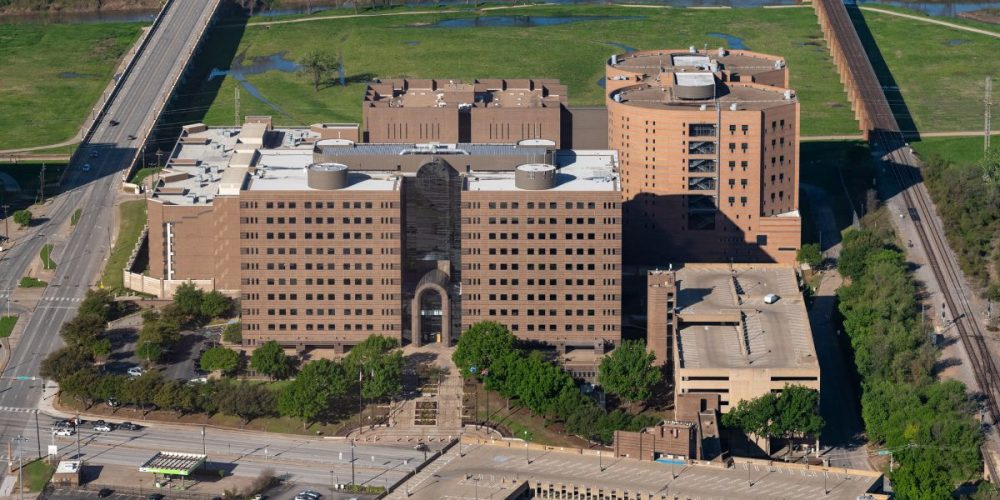The Dallas County Jail has passed its second state inspection of 2024, marking a significant achievement for the facility that had struggled with compliance issues in the past. Sheriff Marian Brown expressed pride in the work done by her department, stating that the inspection highlighted the dedication of jail employees.
The inspection covered key areas such as sanitation, inmate supervision, hygiene, and food services. However, specific details from the report are not yet available, leaving room for speculation on whether any improvement recommendations were made.
For years, the jail failed to meet the Texas Commission on Jail Standards, but this year marks a shift in its compliance record. Civil rights lawyer Dean Malone, however, remains cautious, noting that even when improvements are recommended, the decision to deem a facility compliant is discretionary. Malone, who is currently litigating cases related to deaths at the jail, has expressed concern that despite legal settlements, the jail has not made significant changes to prevent future tragedies, particularly water intoxication deaths.
The Dallas County Jail has been under scrutiny due to multiple incidents, including a case where an inmate was not given prescribed medication. There have also been concerns over the jail’s West Tower, which lacked overhead sprinklers and fire hoses, a deficiency highlighted during an earlier inspection. While the fire department’s response plan was accepted, the issue raised alarms about the aging infrastructure.
Malone highlighted water intoxication deaths as a recurring problem, particularly among inmates with mental health issues. He described it as a pattern unique to Dallas County Jail, with three such deaths in recent years, a concerning figure compared to other jails across the state. Another issue flagged in the previous inspection was the misclassification of maximum custody inmates, which led to staff retraining in an effort to improve the classification process.
The jail, which has served the community for nearly six decades, is currently managing a population of over 6,400 inmates. While there have been improvements, ongoing concerns, such as mental health care and inmate safety, continue to demand attention. As the Dallas County Jail moves forward, it remains to be seen whether these challenges will be addressed through the required reforms.
Sheriff Brown’s leadership since 2018 has been a point of pride for the department, though the jail’s compliance with state standards remains an evolving issue. Despite passing the latest inspection, the jail will need to remain vigilant and proactive in ensuring that past mistakes are not repeated. As the community looks for accountability, it’s clear that both the jail’s infrastructure and its approach to inmate welfare require continued scrutiny and improvement.


